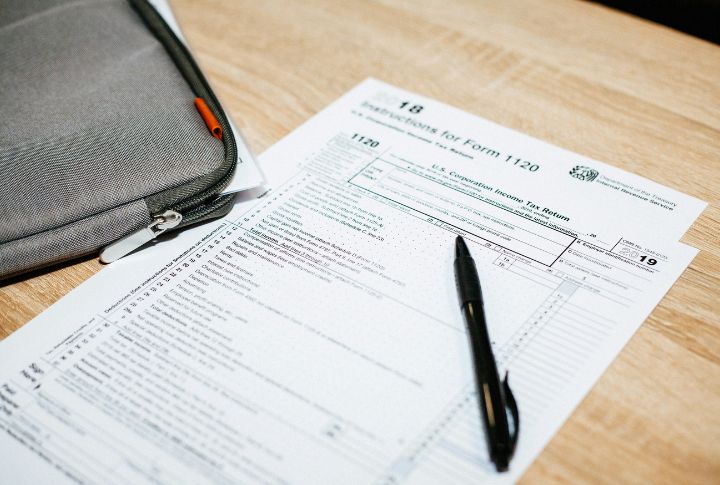
Property tax deductions can lower your tax bill—but only if you understand how they work. Between federal caps and non-deductible fees, homeowners often miss legitimate savings or make costly mistakes. This article outlines 10 essential facts that clarify what qualifies, what doesn’t, and how to avoid common deduction errors when filing.
Property Tax Deductions Are Capped At $10,000

The IRS set a $10,000 limit on SALT (state and local taxes) deductions, and that cap hasn’t budged since 2018. It applies whether you’re single or married, filing jointly. If you file separately even after being married, expect your deduction to drop to just $5,000 each.
You Must Itemize To Claim The Deduction

To deduct property taxes, you must itemize your deductions rather than taking the standard deduction. In 2022, only 9.4% of taxpayers itemized. Since claiming property tax only helps when your total itemized deductions exceed the standard deduction, many taxpayers do not receive any benefit from this deduction.
Only Ad Valorem Taxes Qualify

The IRS only allows deductions for property taxes based on assessed value. Service-related charges like trash pickup or water don’t count, even if they appear in one bill. In states that split tax charges, missing eligible portions of your deduction becomes much more likely.
Escrow Doesn’t Equal Deduction Timing

You can’t deduct property taxes just because they’re sitting in escrow. The IRS only allows the deduction in the year your lender actually pays the taxes. Many homeowners miscalculate by using escrow totals—only Form 1098 shows what truly qualifies.
Foreign Property Taxes Aren’t Allowed

If you own property overseas, don’t count on a U.S. deduction. The IRS excludes all foreign property taxes from the SALT deduction. Even if you include them on Schedule A, they must be removed manually—some expats have even been audited for this mistake.
Refunded Property Taxes Might Be Taxable

When you claim a deduction on your taxes and later receive a refund for that amount, the IRS treats the refund as income under the tax benefit rule. You must report this refund on your tax return. Failing to report it may result in an audit, and even small refunds can trigger the IRS to issue a 1099-G form.
Prepaid Property Taxes May Not Qualify

Only taxes both assessed and paid in the same year are deductible. The IRS does not allow deductions for prepayments made for future years. Many homeowners who paid early in December missed out, especially after the SALT cap changed rules in 2018.
Special Assessments Are Usually Non-Deductible

Taxes that fund improvements like sidewalks, roads, or sewers generally don’t qualify for deductions. These are seen as adding value to your property. If the property is a rental, some of those costs might be depreciated. Many taxpayers mistakenly deduct them anyway.
State Rules Can Add Benefits Or Limits

Depending on where you live, your state might sweeten or restrict your property tax break. Seniors, veterans, and low-income residents often qualify for extra relief. States like New York and California offer generous exemptions, but others have clawbacks if you fail to qualify.
Home Office Deductions Include Property Tax Portions

Remote professionals may find tax advantages by deducting a portion of their property taxes, depending on the share of their home used for business. Even the simplified home office method can offer tax relief, though such deductions are receiving greater IRS attention these days.
